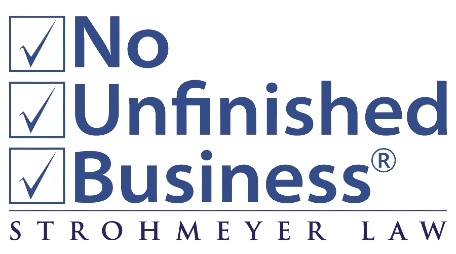Maintaining Trust: Keeping the Peace Between Trustees and Beneficiaries
How can we ensure a smooth relationship between trustees and beneficiaries, even when stressful financial and interpersonal factors are at play?
Keys to the Trustee-Beneficiary Relationship
At the heart of any trust relationship lie two key roles: the trustee, who is responsible for managing assets, and the beneficiary, who stands to gain from those assets. With money in the equation, these roles can often intertwine in complex ways, leading to potential friction. How can both parties ensure a smooth and harmonious relationship?
What’s at Stake?
- A trust places one in a fiduciary position, managing assets for someone else’s benefit.
- It’s not just about trusts – these principles apply in probate too, where personal representatives manage assets for beneficiaries.
- Central challenge: One person owns the assets, while another benefits. This can sometimes lead to conflicts, especially if there’s a lack of transparency.
How To Ensure A Smooth Trust Relationship: Tips for Trustees
- Communication is Key:
- Be open and clear with beneficiaries about assets, their management, and any distributions.
- The assets aren’t for personal gain – remember your fiduciary duty.
- Duties and Discretions:
- Ensure required distributions are made on time.
- For discretionary distributions, always communicate reasons clearly and document them.
- Provide Regular Accounting:
- Unlike static tax returns, accounting offers a dynamic look at assets in and out during a given period.
- Ensure everything balances: income, expenses, and current assets.
- Distinguish between principal and income to manage assets effectively.
- Awareness of Obligations:
- Annual reviews and timely accountings can preempt potential issues.
- Foster an environment of open communication and address beneficiary queries promptly.
Schedule a free consultation with Strohmeyer Law to protect your family with an estate plan.
For the Beneficiaries: Keeping Informed and Involved
- Stay Informed:
- Regularly request trust agreements, asset lists, and recent accountings.
- Ensure the trustee clearly communicates any reasons for not making a distribution.
- Maintain A Healthy Relationship:
- Keep a good rapport with your trustee – not all trust agreements allow for easy trustee changes.
- Avoid unnecessary conflicts as they can be costly, often eating into the trust’s assets – 10% or more!
- Understanding The Potential For Conflict:
- Disputes between trustees and beneficiaries can lead to multiple challenges: asset loss, added costs, delays, and overall frustration.
- It’s imperative to preempt these issues through open communication.
- Suing your trustee should be a last option. Find out if simply replacing the trustee with a better fit is a possibility.
Conclusion
Ensuring a harmonious trust relationship is crucial for both trustees and beneficiaries. Open communication and regular accountings can prevent most disputes. While litigation remains an option, replacing an unsuitable trustee is often more efficient and cost-effective. Remember, preserving the intent of the trust is paramount, and keeping open lines of communication is the key to achieving that goal.
End-of-Year Strategies for Irrevocable Gifting Trusts
As the year draws to a close, there are some crucial actions to take with an irrevocable gifting trust.
What to Do If You Receive an IRS Letter
Receiving a letter from the IRS might send shivers down your spine. So what's your first step? Is it always a cause for alarm? Let's walk through what you should do.
Why You Need a Trademark
We'll explain the the four main areas of intellectual property for business owners, why trademarks are crucial, and how to get your marks registered.





